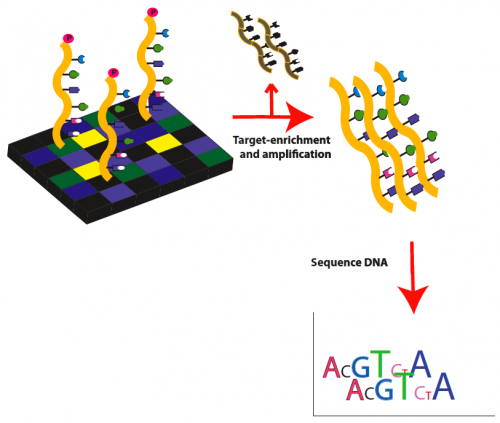Image courtesy of Wikimedia Commons.
The medications prescribed for obsessive-compulsive disorder (OCD), a debilitating neuropsychiatric affliction, have not changed significantly in many years. Thomas Fernandez of Yale’s Department of Psychiatry and Child Study Center attributes this lack of innovation to both the complexity of the disorder and the fact that, until now, “We’ve really been going about it the wrong way.”
New technology known as whole-exome sequencing has changed the game when it comes to identifying risk genes for neuropsychiatric disorders. Researchers can now look at children with OCD who have unaffected parents and use whole-exome sequencing to identify de novo gene variants, mutations that are absent in either parent but spontaneously occur in the offspring. Identifying these rare mutations can be a powerful tool in discovering the genetic basis of mysterious disorders.
Inspired by this technique’s success in the study of autism spectrum disorder, Fernandez and his colleagues set out to identify risk genes for OCD. The team compared the incidence of de novo mutations in parent-child trios composed of two unaffected parents and a child with the disorder with the incidence of de novo mutations in control parent-child trios and made two discoveries: first, that mutations are more likely to be found in children diagnosed with OCD, and second, that de novo mutations in the CHD8 and SCUBE1 genes are significantly associated with the disorder. Interestingly, CHD8 has also been implicated in autism spectrum disorder.
According to Fernandez, the quest for more information on the genetic basis of OCD is just beginning and could lead to improved treatments. “We don’t quite know the underlying defects that are occurring, so we can use this research to figure that out and discover new medications and preventative strategies—that’s why I’m doing this,” Fernandez said.

